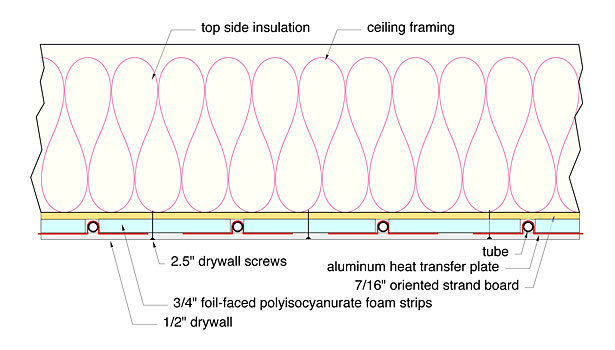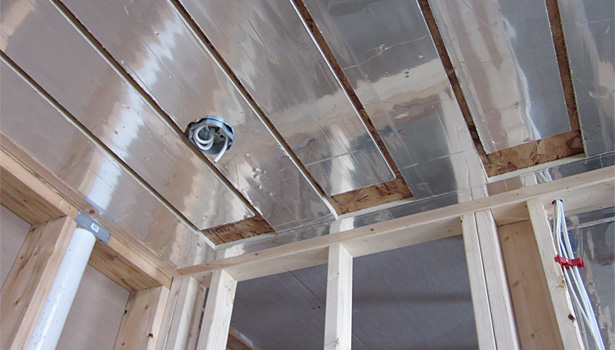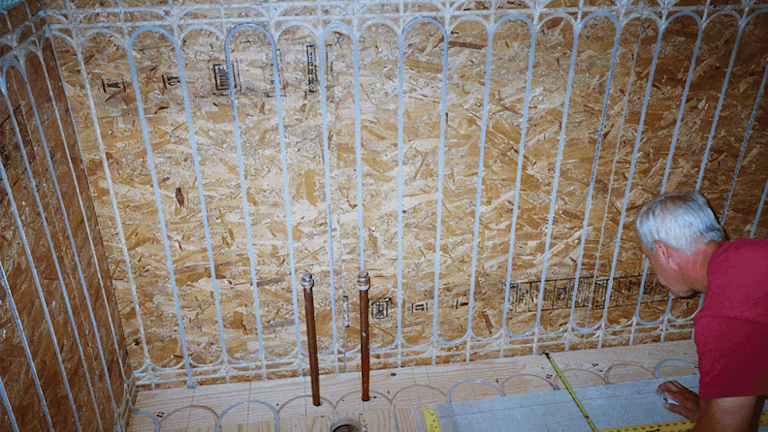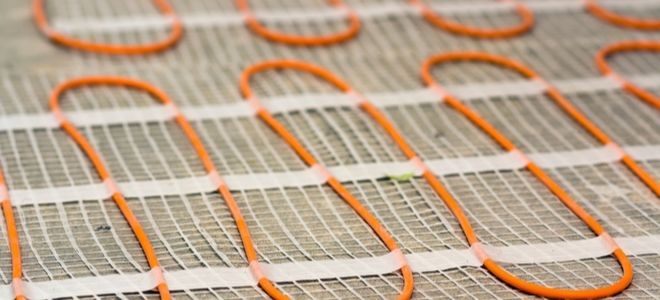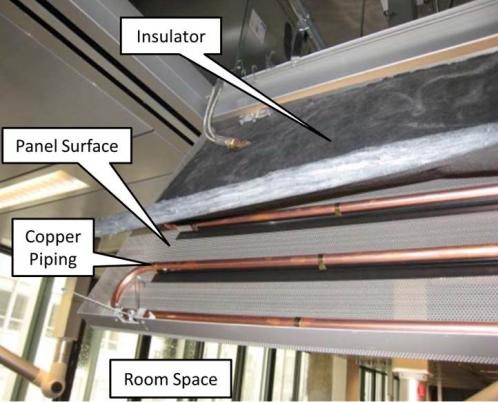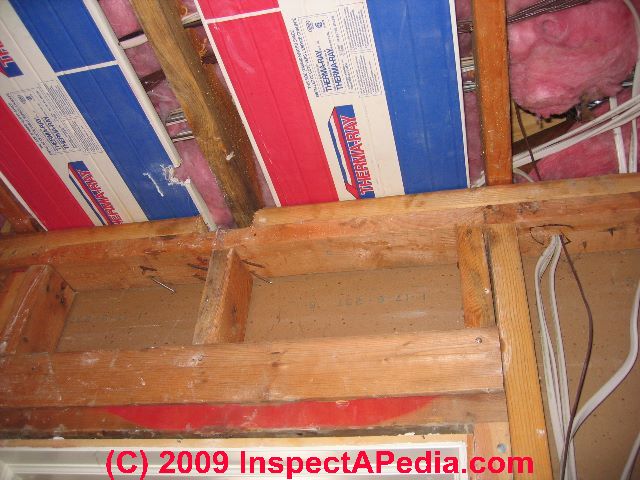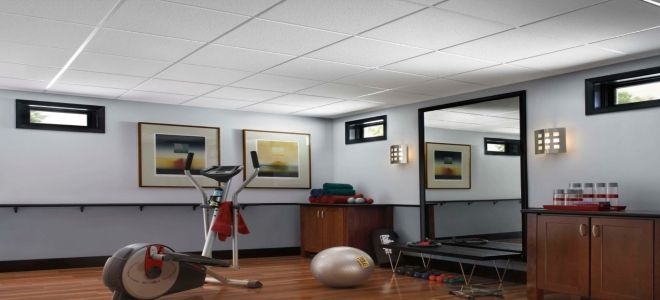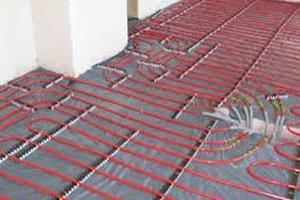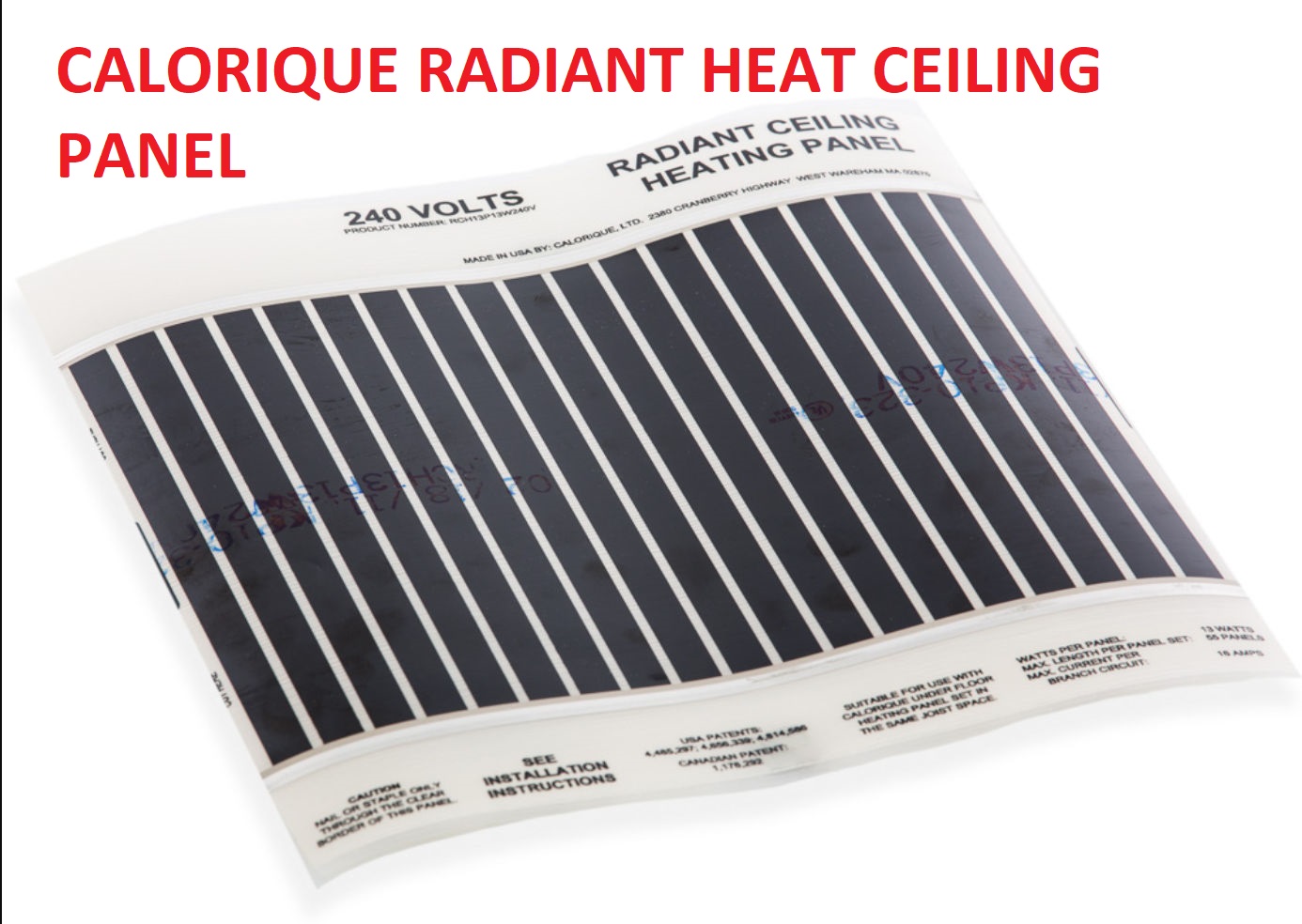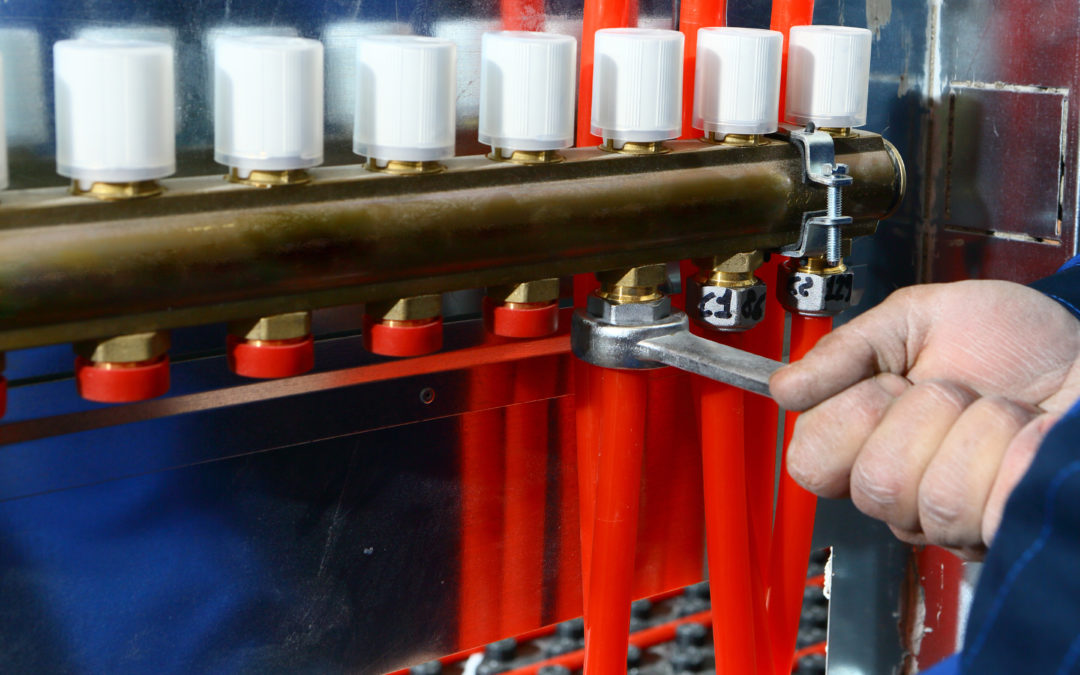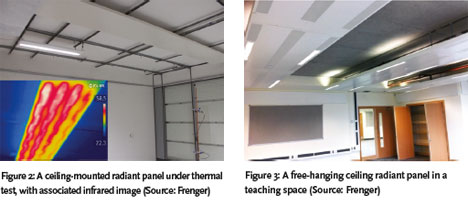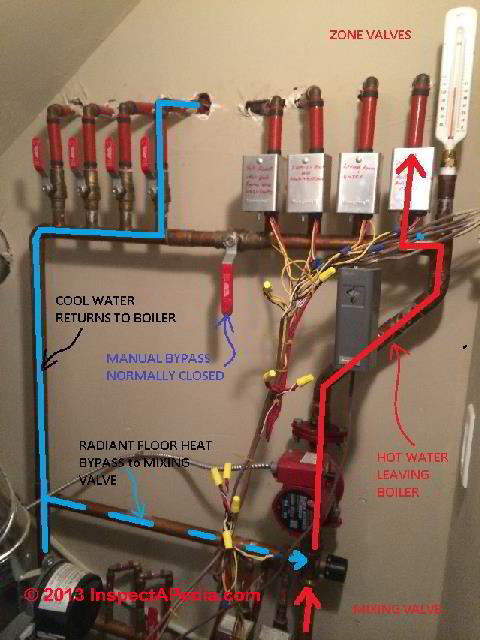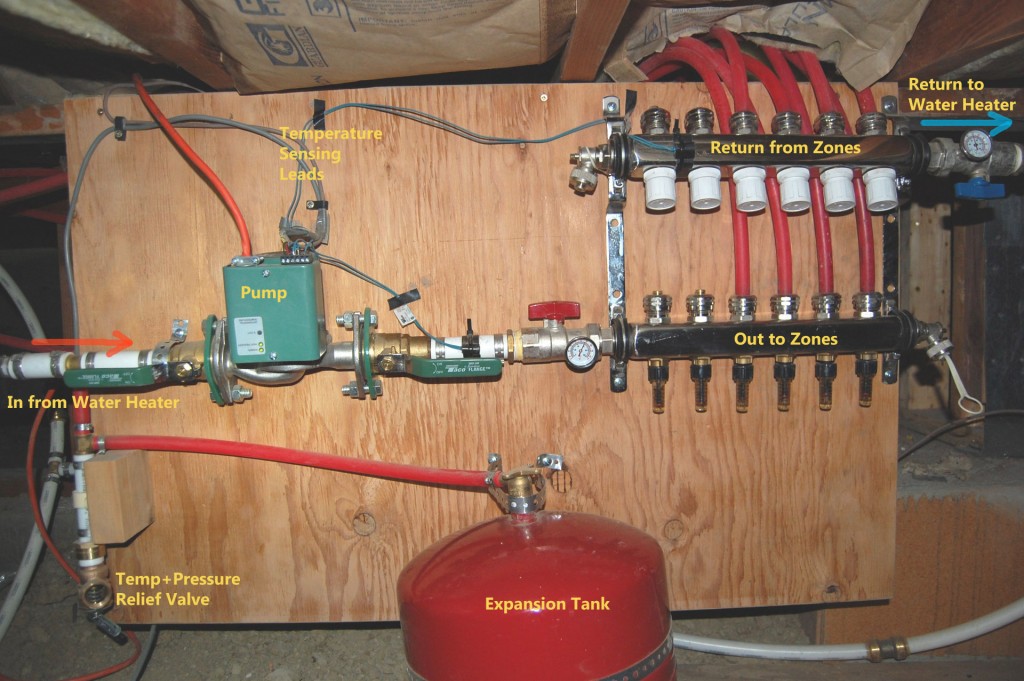Hydronic Radiant Ceiling Heat Problems

Shelly lighting july 3 2018.
Hydronic radiant ceiling heat problems. Radiant ceiling heat comes in two main forms. Radiant ceiling heat is a style of heating that is significantly different from the radiators or forced air ducts that you may be used to. Because we wanted a open concept the entire main floor was framed with engineered wooden trusses that essentially create one large enclosed cavity between the basement ceiling and main floor. Ceilings for heating and cooling radiant conductive heating systems hydronics zone radiant provides year radiant ceilings are a great option in.
If this is an hydronic ceiling is this in copper or pex. Looking up to radiant ceilings for heating and cooling treehugger. Hydronic radiant cooling in residential construction is in its infancy in north america especially in canada but is more accepted in europe. We had hydronic radiant heating put in throughout the main floor single zone with the basement first floor concrete slab fitted with baseboard heat.
In the older form electric heating elements are sandwiched between a layer of drywall and a layer of plaster. The heaters also cool down faster as well. Occupants will notice the effects of radiant heat much faster than hydronic or forced air heat. If the installer did not correctly wire the system it does not provide adequate heat.
The right formulas also account for airflow. Instead if it is pex tubing there shouldn t be any problem. However radiant ceiling heat is subject to failure just like any other mechanical system. Radiant ceilings don t have these problems because people are not usually in contact with the ceiling so it can be radiating heat for warmth or absorbing it for cooling without problems of.
Which is different with floors walls ceilings. If it is an old copper system there is a chance that it will leak someday but if it was done properly sure it s possible that a copper radiant ceiling could last another 100 years. Don t be fooled by thinking this is 100 radiant heat there is a lot of convective transfer. Do consider radiant walls up to 120f for greater heat transfer than a ceiling or floor often without direct losses to the exterior.
Common causes of problems with radiant ceiling heat include issues with wiring connections broken heating elements and trouble with thermostats. Bad wiring connections prevent. This flexibility and responsiveness makes radiant ceiling heat a highly energy efficient choice in some situations.
